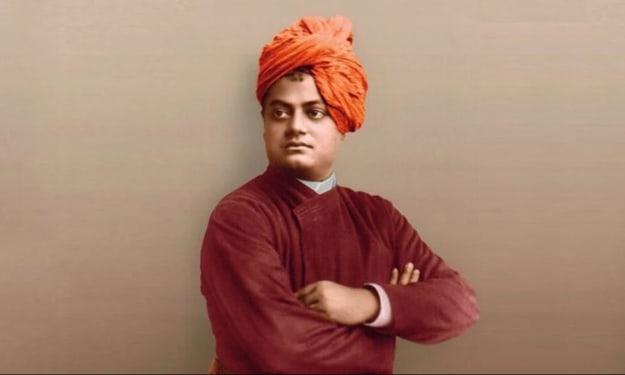Asifa: 5 Months on
India and the world were sickened at the gang rape and murder of an 8-year-old. 5 months on, is there still an outrage?

Ah, the hashtag. It has many uses: be it for expressing your views on the latest series of a TV show such as #loveisland (still have no clue what it's about), to complaining about your broken phone charger before realising it is a #firstworldproblem; and of course, there are its more serious uses. #NotOurPresident. #Metoo. And in India, 3 months after 8-year-old Asifa Bano was found dead after an 8 day gang-rape, she too got a hashtag: #JusticeforAsifa.
It took 3 months for the men that raped Asifa (four were police officers) to get arrested. The handling of the case and its horrific nature, many noticed, drew parallels to the Delhi rape case in 2012 where Jyoti Singh was gang-raped on a bus and died shortly after. Hashtags spread. Protests occurred. Laws tightened after the rape. There was a trial. The men were convicted. Then what?
Two months after, the trial of Asifa's rapists begins and the news of the tragic end to her life seems to have died down. You only have to Google "Asifa Bano case" to find that the last thing written about it was almost two months ago, on the 16th of April 2018, when the trial started. Why haven't people kept the hashtag #JusticeforAsifa going? Why did Prime Minister Narendra Modi say the incident was heart-wrenching but refused to call out ministers in his party that attended rallies favouring the rapists? Why did India decide on the death penalty for rapists who attack children under 12 amidst the hype, but have done nothing since? And why did I, after just 24 hours, take down the temporary profile picture saying #JusticeforAsifa?
Social media is a blessing and a curse. It has made millions of people aware of issues around the world and given the common man power to spread the word of these issues. Yet, it has also made people lazy, including myself. After I wrote my article in the Edinburgh University paper The Student, shared a couple of articles and had a temporary profile picture, I forgot about it.
That is until I moved out of student halls last week and saw the article I wrote just 2 months ago when clearing out my things. I took a look and saw the passion and the anger seeping through the words I wrote, passion and anger that had dissolved away so quickly. Why?
I'm not saying everyone who shared the hashtag or used social media in any way is shallow and didn't have true any feelings or motives behind their actions. I'm saying we forget too fast, too soon, and that goes for everyone—the public, right up to the highest government ministers in India. We seem to be choosing cure over prevention, every single time. You can jail the rapists and take their lives away. But what about all the other men out there who continue to rape and dispose of women when they please? What about the prevailing misogyny that continues to thrive in India, attitudes that should have never existed? What is being done to change these attitudes in the first place, before these men even know what rape is?
Unfortunately, few people can dedicate their whole lives to such causes, but so many of us can do so much more. If you shared the hashtag once, keep sharing. Look for news and articles on the millions of women who don't get their own hashtag, but still are destined for the same horrific fates, and share their stories. A rape happens every twenty minutes in India; and as one protester cried, everyone should be having an outrage—every twenty minutes.






Comments
There are no comments for this story
Be the first to respond and start the conversation.